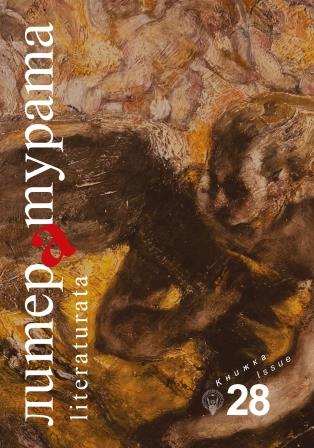Въведение. Екодистопии: Природа и дистопично въображение
Introduction. Eco-Dystopias: Nature and the Dystopian
Author(s): Rowland Hughes, Pat WheelerSubject(s): Social Sciences, Language and Literature Studies, Sociology, Philology
Published by: Софийски университет »Св. Климент Охридски«
Keywords: eco-dystopia; cli-fi; nature; disaster; ecological; political; warning
Summary/Abstract: The authors states that climate change has made its way towards the mainstream in recent years, on both the screen and the page, and has now eclipsed nuclear terror as the prime mover of the apocalyptic and dystopian imagination. The majority of artistic responses have chosen an apocalyptic scenario as the appropriate means to understand and influence the climate change debate. This can be explained by a rapidly increasing sense of urgency, by the awareness that measured and prudent responses may not be sufficient to intervene in the course of events. Literary responses to climate change have proliferated, to the extent that a new term ‘cli-fi’ – has been coined. The authors write that in many contemporary eco-dystopias, technological progress means both a movement away from and simultaneously into or towards nature. They emphasize that “nature” is a fluid and contested term, both in common usage and in a tradition of utopian and dystopian thought. There are texts, in which the ecological and the political are almost inseparable, and social organization are interpreted through the environmental lens. The authors conclude that many eco-dystopias function both as a warning and a call to eco-political action.
Journal: Литературата
- Issue Year: XVI/2022
- Issue No: 28
- Page Range: 60-67
- Page Count: 8
- Language: Bulgarian
- Content File-PDF

